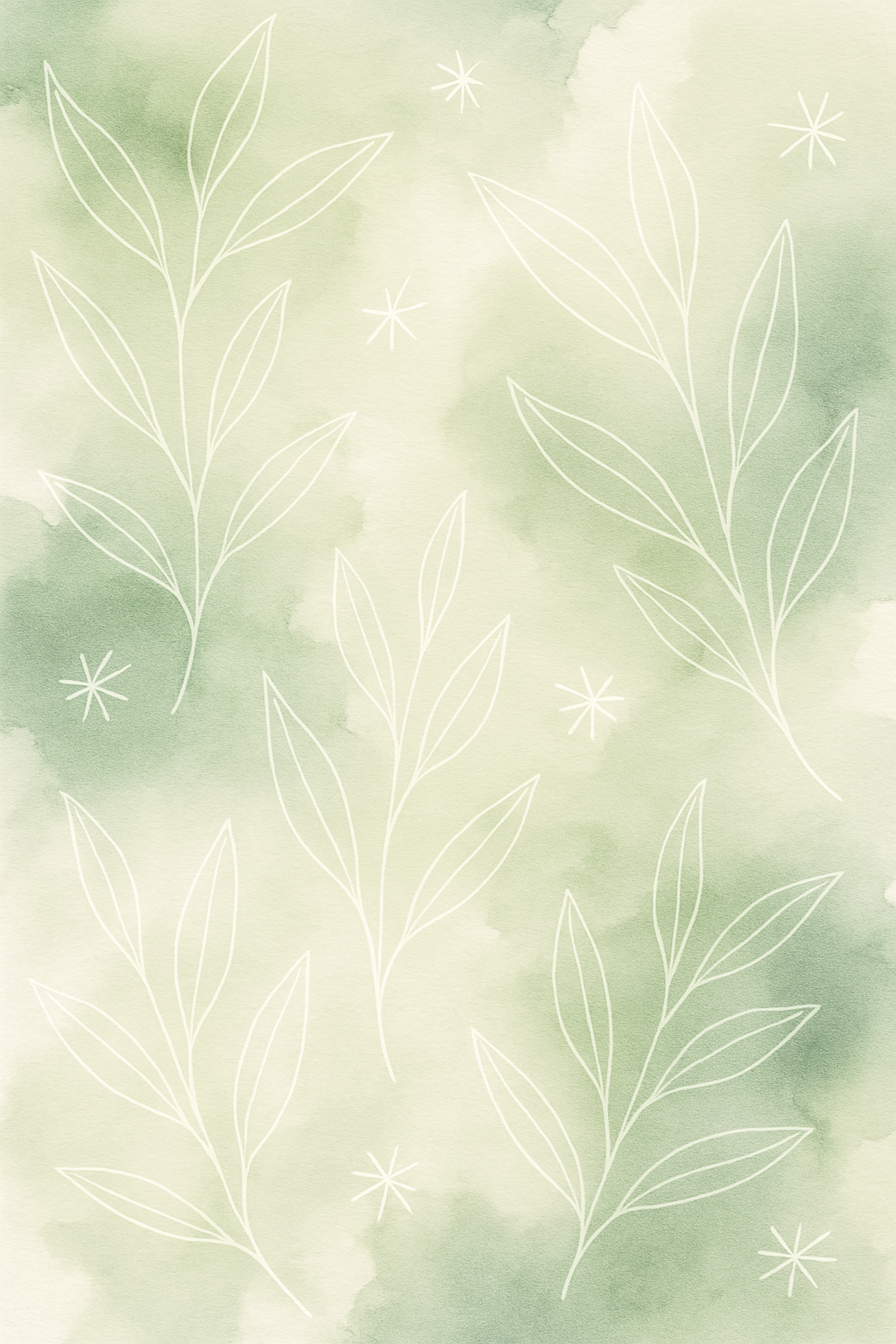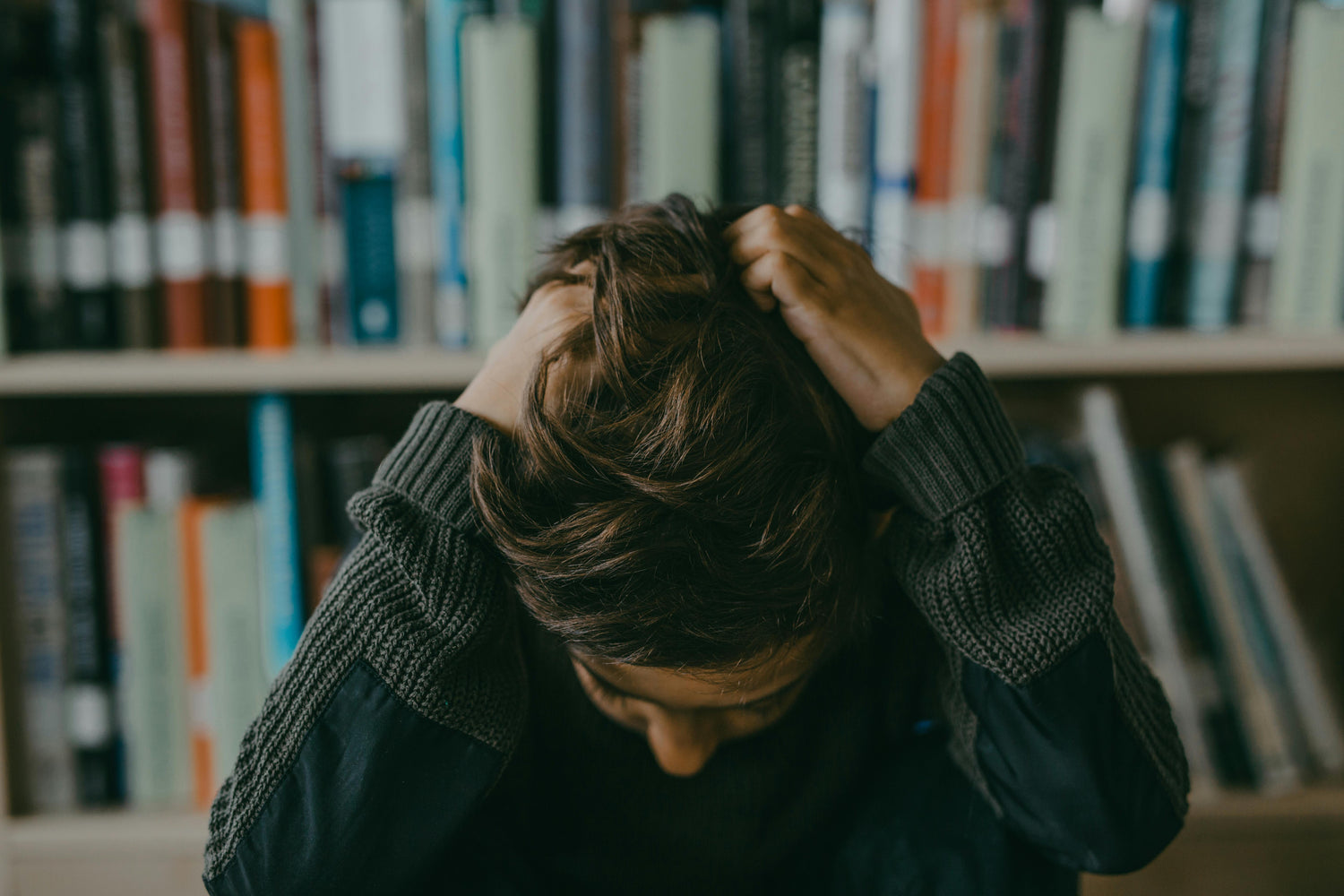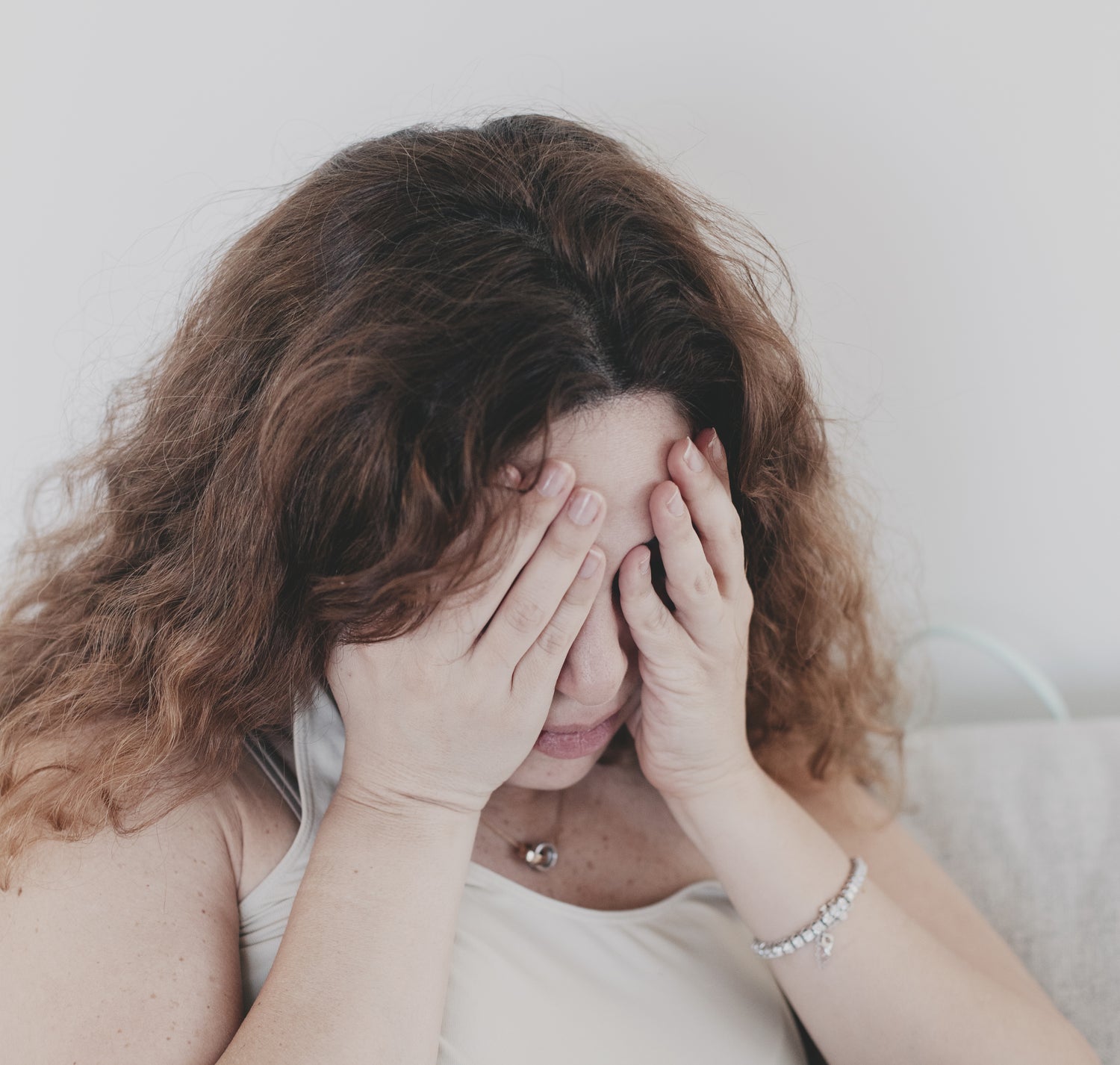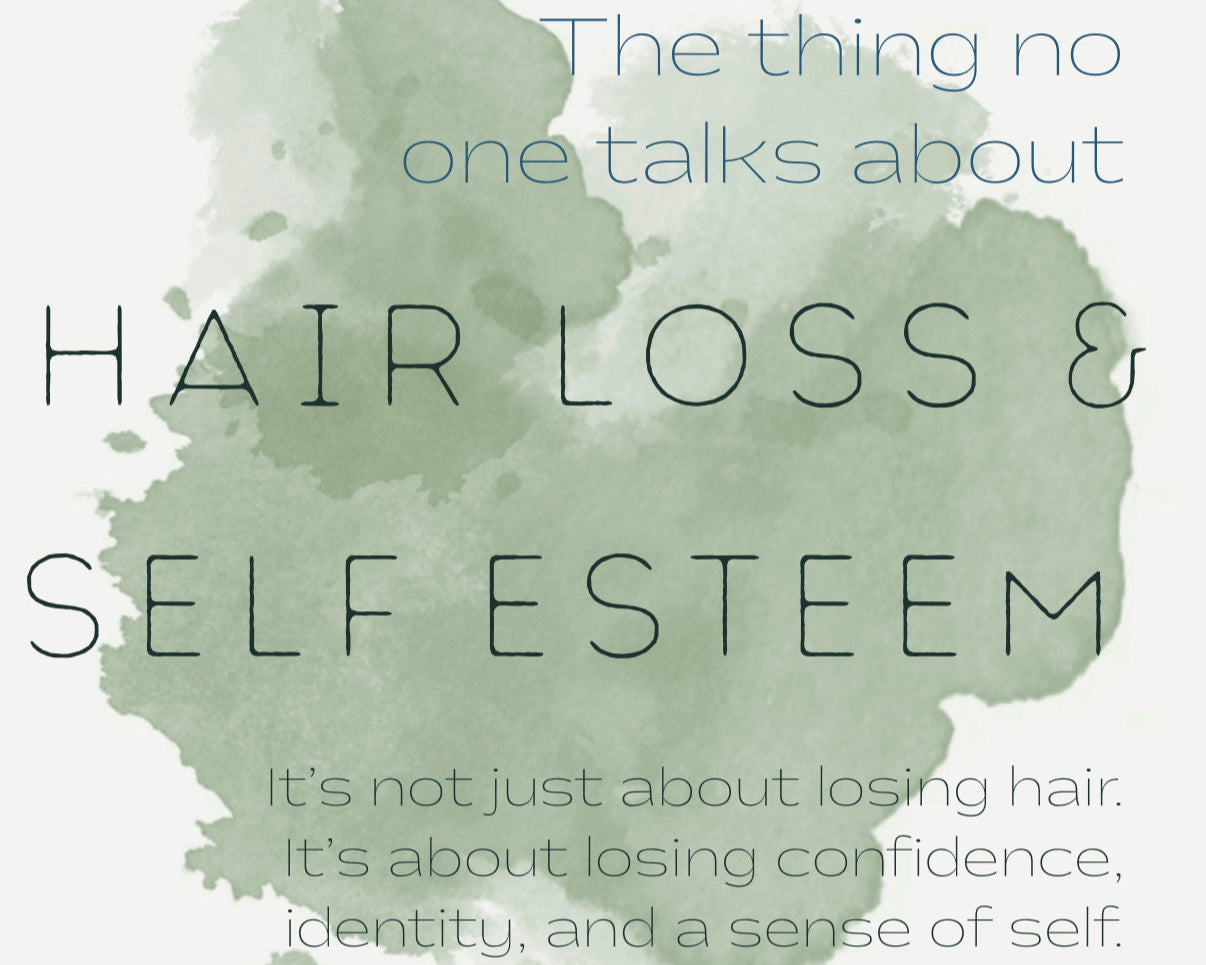
A Hat of Versatility
Our hats are designed with intention, to soothe, not squeeze. Crafted from natural, breathable fabrics like silk, linen, and organic cotton, they offer gentle support for sensitive scalps, promote hair health, and reduce triggers for tension or hair-pulling. With customizable features like a built-in ponytail sleeve and versatile fit adjustments, our hats bring real comfort to your daily routine—no stress, just style.
Look good, Feel Even Better
Purpose
The Problem We’re Solving
Most hats are made to look good — not to feel good. For people dealing with scalp sensitivity, hair-pulling, migraines, or tension headaches, traditional headwear can make things worse. They’re often too tight, made from synthetic materials, and offer no real relief. There’s a serious lack of stylish, breathable, and multifunctional hats that support scalp health, reduce tension, and actually feel good to wear. We’re here to change that.
The Solution
Our hats are designed with intention — to soothe, not squeeze. Crafted from natural, breathable fabrics like silk, linen, and organic cotton, they offer gentle support for sensitive scalps, promote hair health, and reduce triggers for tension or hair-pulling. With customizable features like a built-in ponytail sleeve and optional hot/cold relief points, our hats bring real comfort to your daily routine — no stress, just style.
How to Wear Guide
Unleash Your Style Potential with Hat Styling Videos!
First Look: Wearing the Hat As-Is
Adjusting the Fit: Two Alternate Ways to Wear
Pull-Through Styling: Using the Built-In Ponytail Feature
Enhanced Ponytail Styling: Elevating the Feature
🩺 Health Disclaimer
These hats are crafted with comfort and care in mind — but they are not medical devices. They are not intended to diagnose, treat, or cure any medical condition. Please consult a medical professional for any health concerns.
Loose Ponytail Feature: to reduce pulling tension & Can be tucked for a tighter fit
-
Reducing Pressure on the Scalp
Tight hairstyles like ponytails can lead to painful conditions like "ponytail headache syndrome," where tension on the scalp causes discomfort and irritation, potentially exacerbating scalp sensitivity.
-
Supporting Hair Health and Growth
Avoiding tight hairstyles supports healthy hair growth by preventing the traction force that can lead to hair breakage or pulling, beneficial for individuals dealing with hair-pulling disorders (Cooper, 2023).
-
Prevention of Allodynia
A tight ponytail may cause allodynia, where normal stimuli, such as touch, trigger pain due to an oversensitive scalp. By offering a design that avoids tight pulling, discomfort is minimized.
-
Customization for Comfort
Offering an adaptable design that can accommodate different hair types and lengths ensures a comfortable fit while preventing additional scalp pressure, aiding in both physical comfort and emotional well-being.
-
Relieving Scalp Tension
By providing an adjustable feature that allows hair to be pulled back loosely through the hole, the design prevents excessive tension on hair follicles and reduces strain on the scalp, fostering comfort and alleviating potential headaches.
-
Source: University of Michigan: Michigan Medicine Health Lab
When Hats Hurt…
-
The hidden impact of tension and tight styling on our scalps.
Most people don’t think twice about how a hat feels until it starts to hurt. But tight hats or wearing your hair pulled back underneath one can cause long-term damage. This kind of daily tension can strain the scalp, affect blood flow, and over time lead to hair thinning or even permanent hair loss.
Heat and friction from snug fits can also create irritation or inflammation. For those already sensitive to hair loss or scalp pain, these small discomforts can build into bigger issues.
-
“Wearing hats that are very tight or very hot could decrease blood flow to the hair follicles… putting too much tension on them.”
-
Actually Just a Hat is designed with this in mind. It supports your head with care and comfort, not pressure.

An estimated 13% of adults in the U.S. engage in at least one body-focused repetitive behavior (BFRB), including around 1–2% with trichotillomania and 1.4% with skin-picking disorder—affecting over 10 million people. (NPR)

Stimulus control strategies, like wearing a hat, can help reduce hair-pulling behaviors by physically blocking the action. (UC Davis Health)

More than 42 million Americans live with migraine disease and headache disorder. (Headache.org)
MATERIALS MATTER! Most Options Are Synthetic.
- Excessive use of artificial materials can negatively impact health. Choosing natural fabrics not only benefits the environment but also promotes better sleep and reduces allergy risks.
- "Compared to synthetic fibers, natural fibers offer lower energy consumption, biodegradability, and fewer health risks due to their minimal chemical treatment and lack of harmful synthetic compounds."
- Synthetic fibers trap air and generate heat, leading to discomfort and excessive sweating.
- Two-thirds of new textiles are synthetic, and over half are fossil fuel-based polyester, prone to bacterial growth and odor development.
- Despite being a semi-porous organ, the skin is often perceived as a rigid barrier, a "symbolic surface between self and world," affecting self-esteem and emotional well-being.
- Synthetic fibers are significant contributors to microplastic pollution in oceans.
Sources: Marković et al. (2019)Understanding the Basic Properties of Natural Fibers (p. 1)Islam et al. (2020, p. 2)Mishra et al. (2020); IUCN (2017); De Falco et al. (2019); Suaria et al. (2020); Acharya et al. (2021)

Why Hair Loss Hurts More Than We Admit
It’s more than just hair.
Hair loss can quietly take over your daily life, leading to social withdrawal, skipped events, and hours spent trying to “fix” it.
Hair is identity.
Culturally and personally, a full head of hair symbolizes youth, confidence, vitality, and even status. Losing it can feel like losing part of ourselves.
The pressure is real.
From social media to advertising, we’re constantly shown ideal hair, making the emotional toll of hair loss even heavier.
The impact goes deep.
Hair loss can lead to anxiety, low self-esteem, and in some cases, even depression or social isolation.
You’re not alone.
Nearly half of those seeking cosmetic hair treatments also experience emotional or psychological distress.
It starts early.
Losing hair at a young age often hits hardest — leading to feelings of unattractiveness, disconnection, and shame.
Source: Dhami L. (2021). Psychology of Hair Loss Patients and Importance of Counseling. Indian Journal of Plastic Surgery, 54(4), 411-415. doi: 10.1055/s-0041-1741037. PMCID: PMC8719979.
🩺 Health Disclaimer
These hats are crafted with comfort and care in mind — but they are not medical devices. They are not intended to diagnose, treat, or cure any medical condition. Please consult a medical professional for any health concerns.
